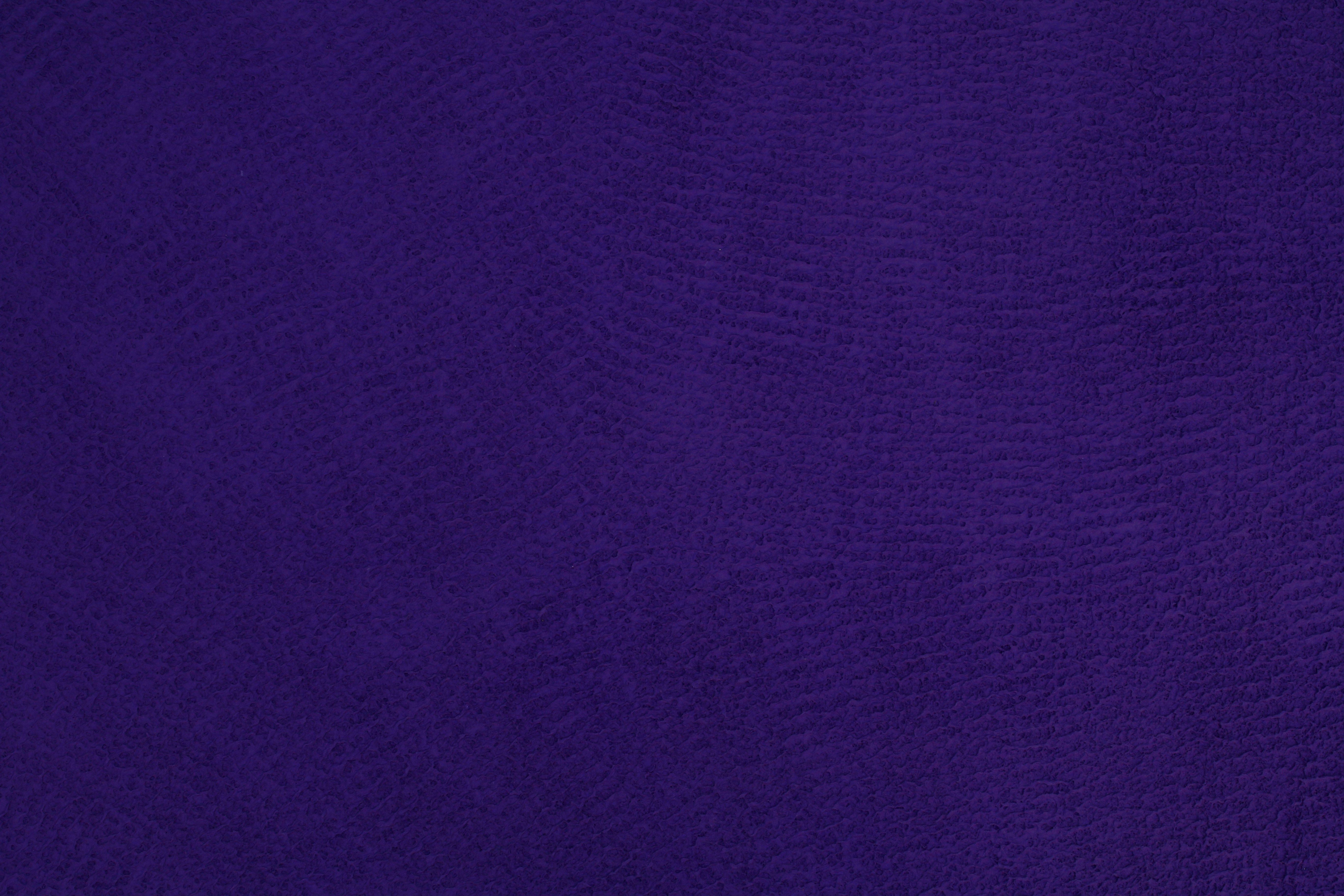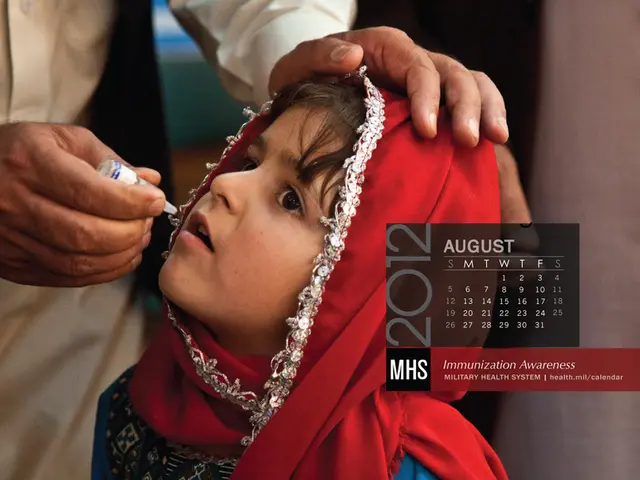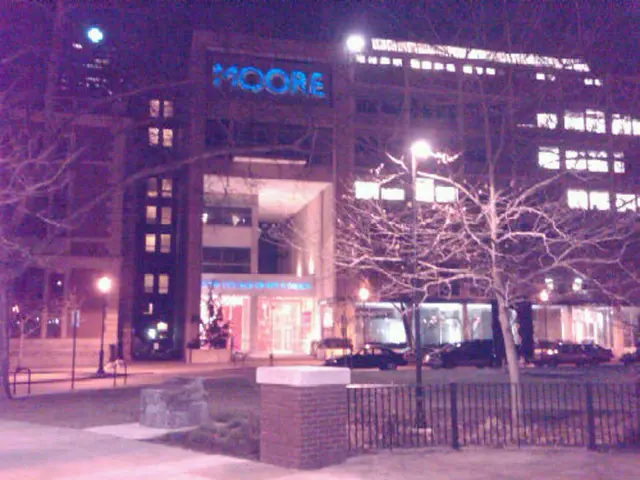Ex-Inmates Expose Harsh Conditions in Saudi Arabia's "Female Rehabilitation Centers"
In Saudi Arabia, a chilling reality unfolds within the walls of Dar al-Reaya facilities, which function as secretive "women's care homes." These institutions, established to allegedly rehabilitate women who have been ostracized by their families, have been consistently denounced by former inmates as nightmarish environments designed to control and punish.
The British newspaper "The Guardian" has published investigative reports from women previously held in these state-run facilities, having spent the past six months uncovering the brutal conditions they faced. The regime justifies the detention of these women as a means of rehabilitation, often due to reasons such as "disobedience," extramarital relationships, or leaving home.
These houses of confinement, operational since the 1960s, closely resemble prisons for women under the age of 30. Family members or male guardians have the authority to committ women into these so-called homes of care, with potential sentences lasting for years, even a lifetime, without the approval of a male guardian.
A young Saudi woman who escaped to exile paints a harrowing portrait of her experience: "Every girl growing up in Saudi Arabia knows about Dar al-Reaya and its awful nature. It's a living hell. Finding out I was destined for such a prison left me contemplating taking my own life."
Sarah Al-Yahia, a Saudi women's rights activist, offers a grim assessment: "They call them care homes, but it's a prison. They label the women with numbers, e.g., 'Number 35, come here.' Outwardly expressing one's family name can result in whippings. Women who don't pray are subjected to whippings, as are those caught alone with another woman, who are also accused of being lesbians."
Layla, an anonymous victim known to "The Guardian," learned this firsthand when she sought help for abuse inflicted by her father and brothers by filing a police complaint. Discussing her incarceration, she states, "These women are practically abandoned. They can be left there for years, without necessarily committing a crime. The only means of escape is a male guardian, marriage, or jumping from the building."
Discussing these facilities is a dangerous game, due to the sensitive nature of the topic in Saudi Arabia. Fawzia al-Otaibi, an activist who fled in 2022, explains, "No one dares to tweet or speak about these places. No one will inquire about you if you're there." As voices advocating for women's rights gradually fade, securing information or media footage about these homes becomes increasingly challenging.
ALQST, a human rights group, has described Dar al-Reaya facilities as "state instruments for enforcing gender norms," considerably at odds with Saudi authorities' narrative of empowering women. Nadyeen Abdulaziz, a campaign coordinator for ALQST, demands that "if they are genuinely committed to promoting women's rights, they must abolish these discriminatory practices and allow for the formation of genuine sanctuaries that provide protection for those who have experienced abuse, instead of punishing them."
On International Women's Day, UN Women issued a warning regarding the global erosion of women's and girls' rights. Human Rights Watch has been documenting these inhumane conditions for years, and in 2020, Middle East expert Rothna Begum told "Business Insider": "The guards maintain a log of the inmates' menstrual cycles, requiring them to halt praying or reading activities during these periods. It's all highly controlled."
Accurate figures on the number of imprisoned women or total inmates remain unavailable, though the Saudi government refutes all allegations, maintaining that inmates are free to leave at their discretion and do not require a male guardian's consent - a claim contradicted by victims' accounts.
- The investigative reports published by The Guardian highlight the gruesome circumstances faced by women in Dar al-Reaya facilities, revealing practices that contradict claims by the Saudi government about the institutions serving as employment policy-focused rehabilitation centers.
- Amidst the chilling reality of women's experiences within Dar al-Reaya, discussions about the state of women's health and wellness, including women's health issues, become integral topics seeking attention and action.
- The ongoing controversy surrounding the treatment of women housed in Dar al-Reaya raises questions about the Saudi government's commitment to promoting gender equality and human rights, as shown in their general-news policies as well as in the science community.








